The targets confirm the amount of WEEE producer compliance schemes must collect and send for recycling on behalf of their members.
The overall target is 20,836 tonnes (4.25%) more than the 490,541 tonnes of household WEEE collected and reported by producer schemes in 2021 (see letsrecycle.com story).
It is also 7,748 tonnes more than the missed 2021 target of 503,629 tonnes.
Compliance scheme REPIC told letsrecycle.com that Defra’s targets were “pragmatic”, but reaching some of the goals for individual categories, and in particular small mixed WEEE, would prove “challenging”.
Defra says its starting point for setting the targets was to undertake a six-year trend forecast covering the years from 2015 to 2021.
However, Defra says it did not use data from 2020 because it was an “extraordinary year”.
The ability of consumers to dispose of WEEE in 2020 was “severely limited” by restrictions on household waste recycling centres and travel because of the Covid-19 pandemic, Defra says.
This year’s ambitious targets reflect Defra’s belief that collection should return to pre-pandemic levels.
Collection targets have been missed for the last five years, meaning the compliance fee been needed to achieve compliance.
A full breakdown of the targets for each specific category of WEEE can be seen in the table below.
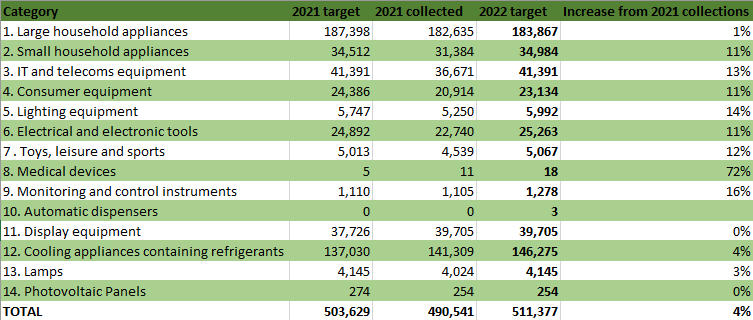
Small mixed WEEE
Defra says it “uplifted” its targets for small mixed WEEE (categories 2-10) by 12% to 137,130 tonnes to reflect collections at pre-pandemic levels.
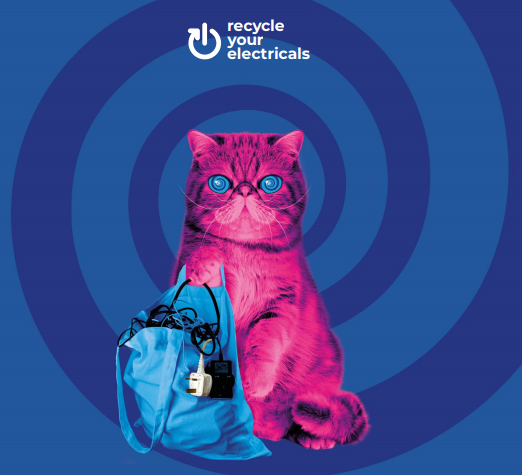
It can be “reasonably assumed” that the impact of last year’s introduction of compulsory 1:1 takeback by large retailers was “stunted” by the pandemic, Defra says (see letsrecycle.com story).
The department adds that the pandemic will also have impacted the Recycle Your Electricals consumer communications campaign, run by Material Focus.
Defra said it would expect both these measures to have a greater impact in 2022.
And, the Environment Agency recently issued revised guidance to local authority designated collection facilities, stating that items such as microwaves, heaters, and fans must now be collected with small mixed WEEE (see letsrecycle.com story). Previously, these would have been collected as large domestic appliances.
Though data that enables a forecast of the impact of this revised guidance is not available, Defra says it “can be certain” that more products will be counted as small mixed WEEE as a result.
‘Pragmatic approach’
Louise Grantham, chief executive of compliance scheme REPIC, told letsrecycle.com she recognised that setting targets is difficult due to the “complex relationship” between EEE placed on the market and WEEE available for collection.

She said: “Defra has taken a pragmatic approach when setting the 2022 targets: taking six years’ collections data into account to look at trends, excluding 2020 data due to the extraordinary impact of Covid-19, and consulting with industry on category specific issues requiring consideration.
“However, reaching some of the category targets, particularly the overall 12% increase for the small mixed WEEE categories, will continue to be challenging.”
Mrs Grantham warned there was “no guarantee” that instore takeback and the Recycle Your Electricals campaign would increase collections.
She added: “Unfortunately, we are also in the midst of a challenging and volatile economic period, and it is difficult to assess the impact this may have on the achievement of the targets.
“The forthcoming WEEE consultation will provide the opportunity to examine the evidence base and the role of targets in achieving a circular economy.”





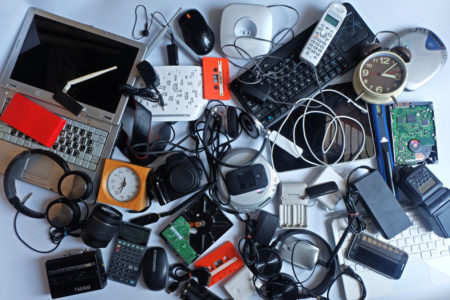

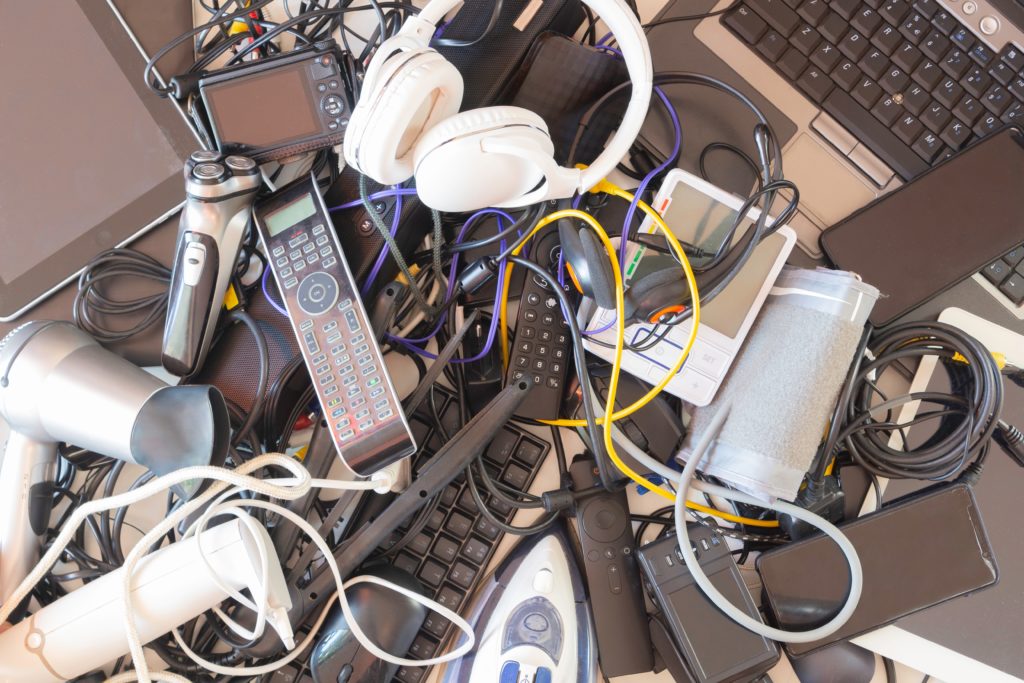
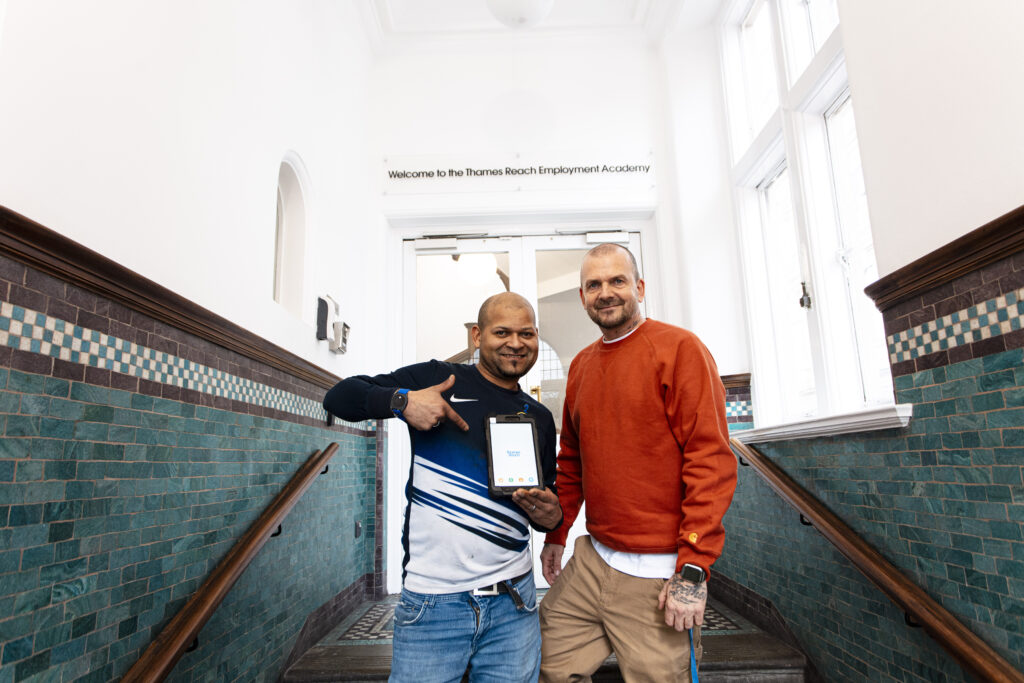
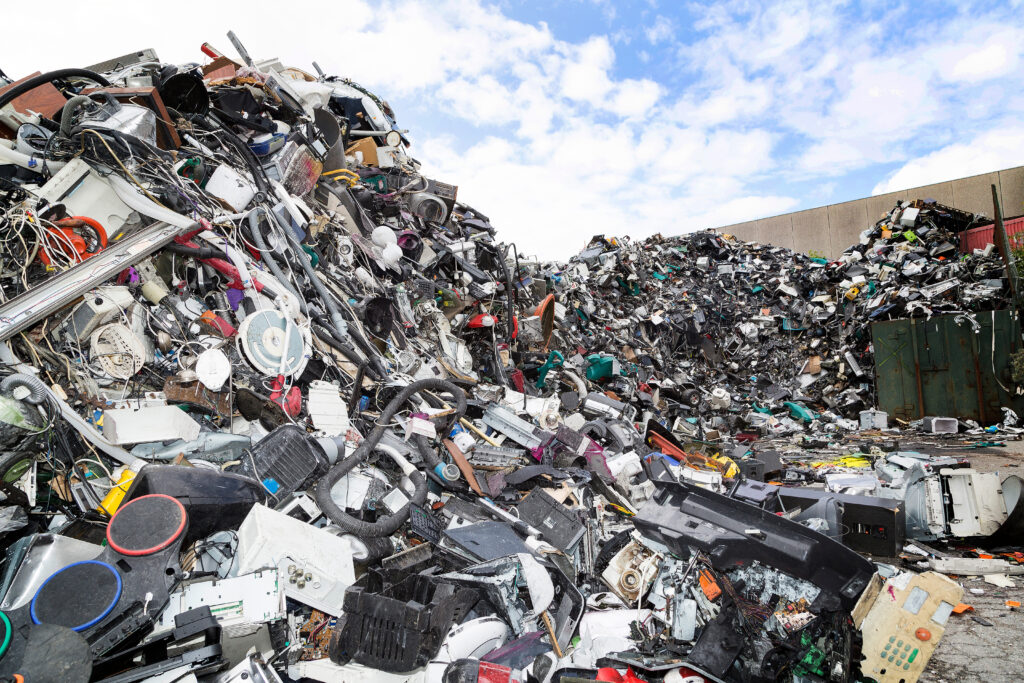


Subscribe for free